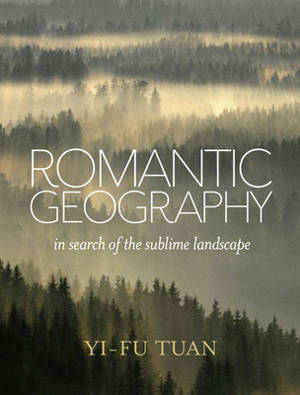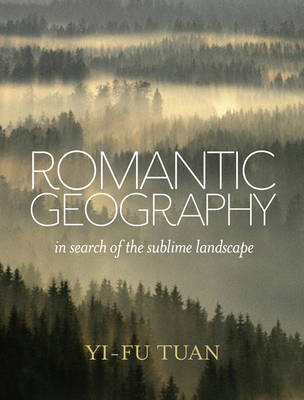
- Afhalen na 1 uur in een winkel met voorraad
- Gratis thuislevering in België vanaf € 30
- Ruim aanbod met 7 miljoen producten
- Afhalen na 1 uur in een winkel met voorraad
- Gratis thuislevering in België vanaf € 30
- Ruim aanbod met 7 miljoen producten
Zoeken
€ 42,45
+ 84 punten
Omschrijving
Geography is useful, indeed necessary, to survival. Everyone must know where to find food, water, and a place of rest, and, in the modern world, all must make an effort to make the Earth--our home--habitable. But much present-day geography lacks drama, with its maps and statistics, descriptions and analysis, but no acts of chivalry, no sense of quest. Not long ago, however, geography was romantic. Heroic explorers ventured to forbidding environments--oceans, mountains, forests, caves, deserts, polar ice caps--to test their power of endurance for reasons they couldn't fully articulate. Why climb Everest? "Because it is there." Yi-Fu Tuan has established a global reputation for deepening the field of geography by examining its moral, universal, philosophical, and poetic potentials and implications. In his twenty-second book, Romantic Geography, he continues to engage the wide-ranging ideas that have made him one of the most influential geographers of our time. In this elegant meditation, he considers the human tendency--stronger in some cultures than in others--to veer away from the middle ground of common sense to embrace the polarized values of light and darkness, high and low, chaos and form, mind and body. In so doing, venturesome humans can find salvation in geographies that cater not so much to survival needs (or even to good, comfortable living) as to the passionate and romantic aspirations of their nature. Romantic Geography is thus a paean to the human spirit, which can lift us to the heights but also plunge us into the abyss.
Specificaties
Betrokkenen
- Auteur(s):
- Uitgeverij:
Inhoud
- Aantal bladzijden:
- 216
- Taal:
- Engels
Eigenschappen
- Productcode (EAN):
- 9780299296803
- Verschijningsdatum:
- 17/01/2014
- Uitvoering:
- Hardcover
- Formaat:
- Ongenaaid / garenloos gebonden
- Afmetingen:
- 149 mm x 193 mm
- Gewicht:
- 322 g

Alleen bij Standaard Boekhandel
+ 84 punten op je klantenkaart van Standaard Boekhandel
Beoordelingen
We publiceren alleen reviews die voldoen aan de voorwaarden voor reviews. Bekijk onze voorwaarden voor reviews.











